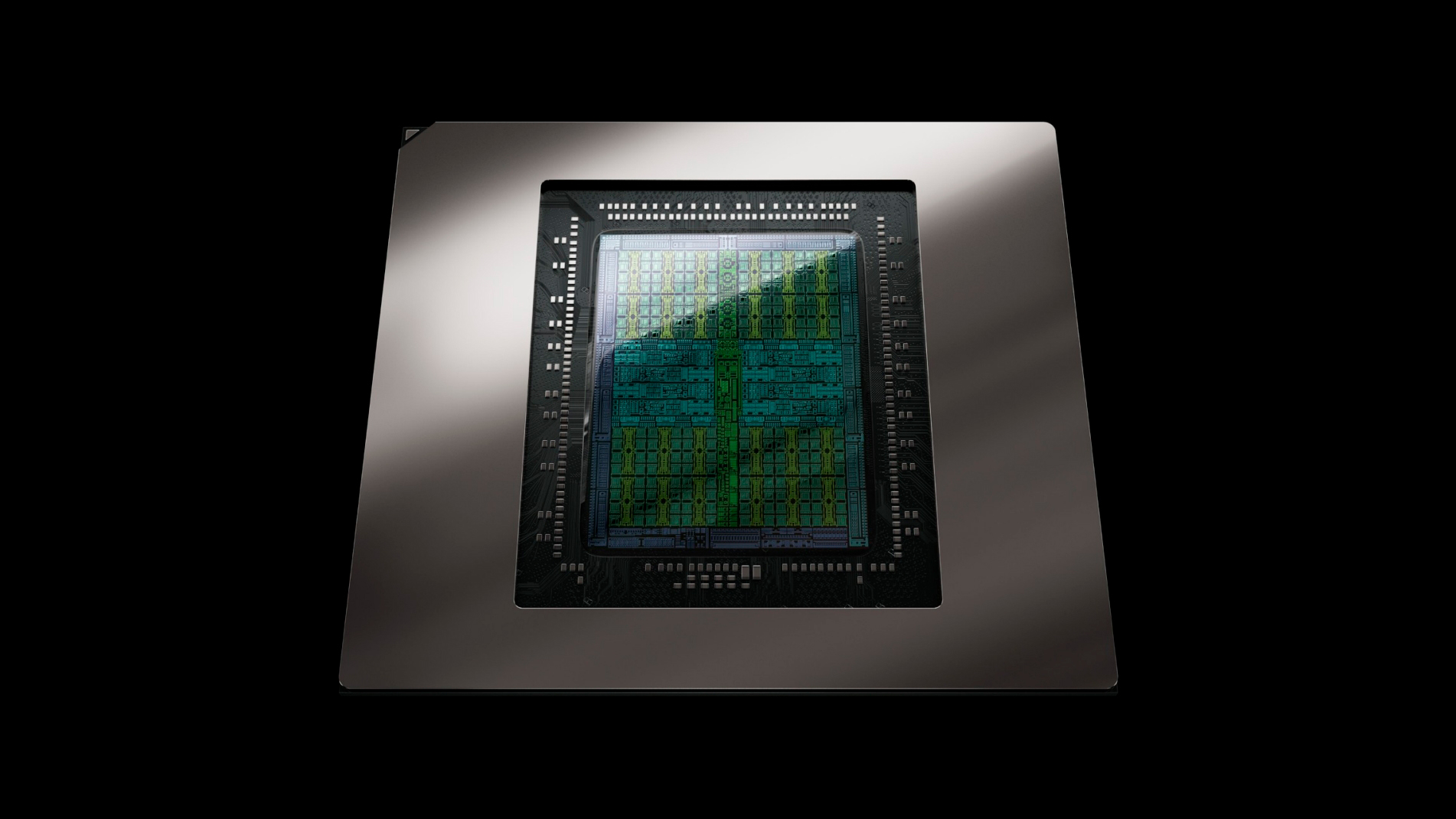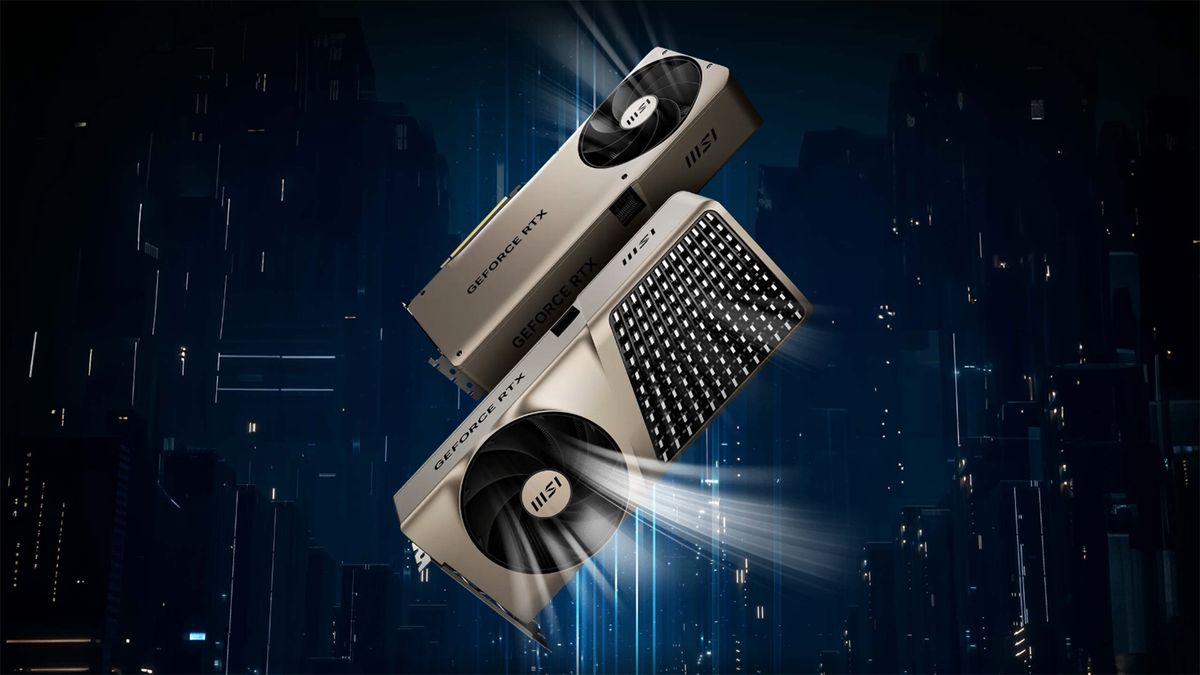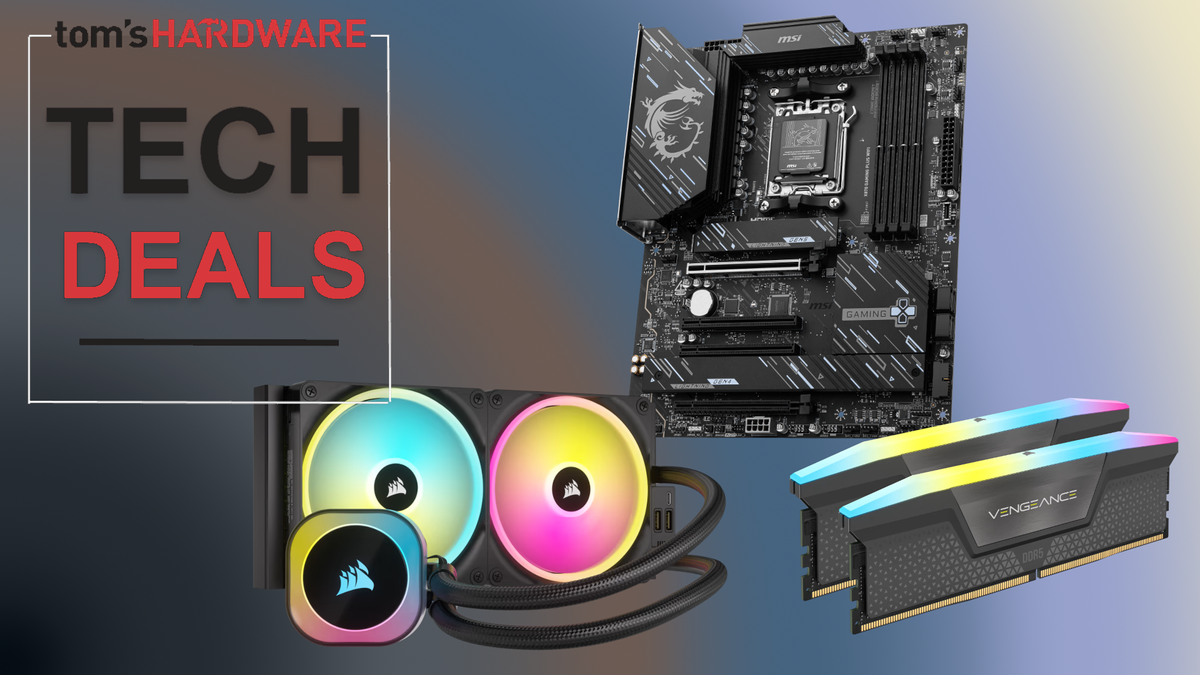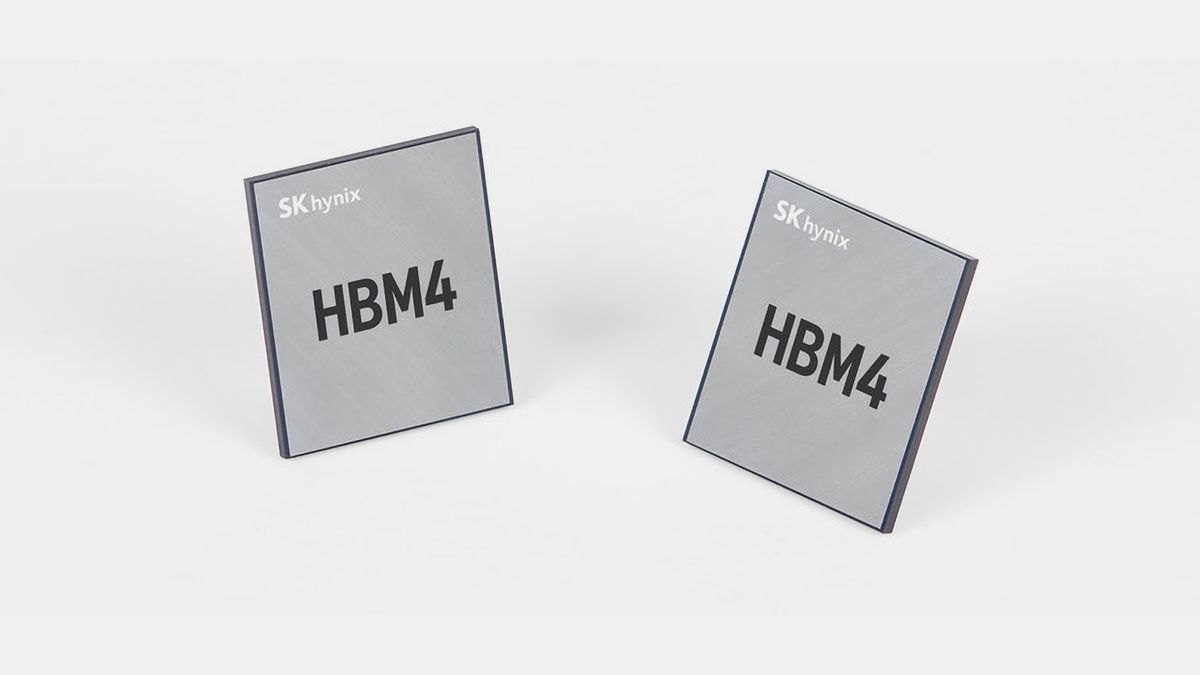GizmoSlipTech has recently shared a fascinating modification to the GeForce RTX 5090 Laptop GPU. By implementing a shunt mod to elevate the TGP (Total Graphics Power) from 175W to 250W, the YouTuber claims they achieved a performance increase of up to a whopping 40% in the mobile Blackwell flagship.
Shunt mods are popular with overclockers because they allow for increasing the power limit on the graphics card, enabling higher clock speeds. While suitable for testing, like GizmoSlipTech's experiments, shunt mods are not recommended for regular use, as exceeding the graphics card's rated limits always involves risks of damage. Furthermore, you need electronics knowledge to perform these tasks, so adding extra shunts isn't as simple as pouring more milk on your cereal.
The GeForce RTX 5090 Laptop GPU utilizes the same GB203 silicon as Nvidia's high-end Blackwell graphics cards, including the GeForce RTX 5080 and GeForce RTX 5070 Ti. The GeForce RTX 5090 Laptop GPU features 10,496 CUDA cores, just a few less than the GeForce RTX 5080. Logically, being a mobile part, it also has lower clock speeds that are limited by a lower power limit. Typical GeForce RTX 5090 Laptop GPUs feature a TGP between 95W and 150W, plus an additional 25W from Nvidia's Dynamic Boost technology. By adding a shunt mod, the YouTuber increased the TGP to 250W, which is 43% higher than the stock value.
GeForce RTX 5090 Laptop GPU Benchmarks
Swipe to scroll horizontally
GeForce RTX 5090 Laptop GPU (250W Optimized) | 111 | 169 | 217 | 215 | 401 | 192 | 217.5 |
GeForce RTX 5090 Laptop GPU (250W Stock) | 96 | 153.8 | 208 | 212 | 383 | 161 | 202.3 |
GeForce RTX 5090 Laptop GPU (175W) | 90 | 136.4 | 190 | 207 | 333 | 148 | 184.1 |
GizmoSlipTech performed the shunt mod on an Eluktronics Hydroc 16 G2 gaming laptop with a Core Ultra 9 275HX and a GeForce RTX 5090 Laptop GPU. The device also has 48GB (2x24GB) of DDR5-7200 memory. The reviewer utilized a variety of different settings, which you can see in the YouTube video.
On average, the GeForce RTX 5090 Laptop GPU delivered 18% higher performance with the shunt mod. If we look at the individual results, the performance uplifts varied between 4% and 41%. In processor-intensive titles, such as Shadow of the Tomb Raider, the improvements were minor. The YouTuber recorded 4% better average frame rates in the aforementioned title.
In GPU-restricted games, however, the enhancements were very noticeable. For instance, the average frame rates in Black Myth Wukong, Witcher 3, Tom Clancy's Rainbow Six Siege, and Cyberpunk 2077 improved by over 20%.
Shunt Modded RTX 5090 Laptop: 250W vs 175W - Record Setting Benchmarks, Thermals, and Performance - YouTube

XMG has expressed enthusiasm for supporting higher TGP limits on Nvidia-powered laptops if Nvidia decides to support it. According to a company representative, the brand's current cooling solutions already offer significant thermal headroom.
The GeForce RTX 5080 and GeForce RTX 5090 Laptop GPUs inside the XMG Neo 16 seemingly perform under 80 degrees Celsius with air cooling and below 70 degrees Celsius with the XMG Oasis liquid-cooling system. In both cases, the graphics cards' temperatures are below Nvidia's guidelines of 87 degrees C.
Some gaming laptops might be engineered or feature additional cooling methods to support higher power limits. However, that doesn't mean partners can bypass Nvidia's restrictions and raise the power limit to give their products a competitive edge over their rivals. Nvidia establishes guidelines for its products, and its partners must abide by them.
Follow Tom's Hardware on Google News to get our up-to-date news, analysis, and reviews in your feeds. Make sure to click the Follow button.

 4 months ago
45
4 months ago
45






 English (US) ·
English (US) ·